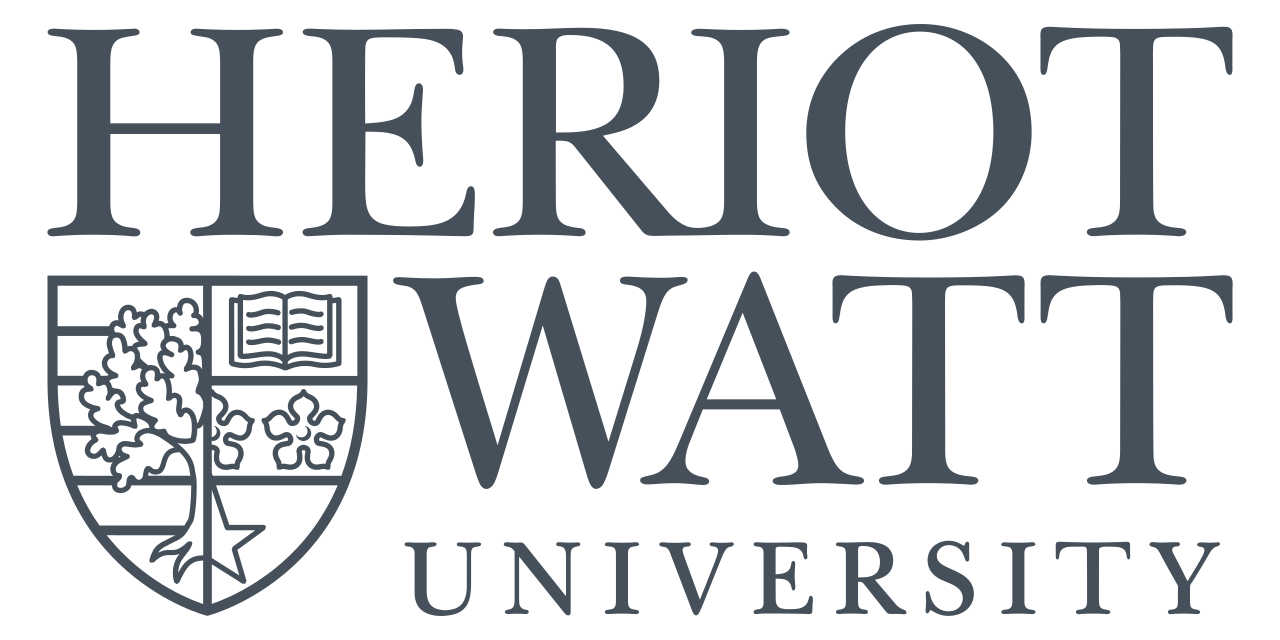
MSc Applied Petroleum Geoscience
Heriot-Watt University, The School Of Energy, Geoscience, Infrastructure And Society (EGIS)
Overview
The Applied Petroleum Geoscience programme is a unique programme in subsurface geoscience and exploration at Heriot-Watt University. The programme mainly focuses on exploration petroleum geoscience, but it is closely linked with other MSc programmes and research groups in petroleum engineering and reservoir geology at the Institute of GeoEnergy Engineering, Heriot-Watt University. The programme is also applicable to non-petroleum subsurface geoscience subjects, such as CO2 storage and groundwater flow.
Programme Duration
3 – 8 years.
Programme Outline
The course consists of a variety of geosciences and engineering courses addressing the concepts of petroleum exploration and appraisal. There are 8 taught courses, a team project and an individual project. The taught courses are worth 150 hours of work each, the projects are each worth 300 hours.
Semester 1
In Semester 1 the taught courses include background on how oilfields develop in various stratigraphic and structural settings using the north sea as an example, how basin development influences exploration success and what exploration methods are used, the basic methods of formation evaluation from wireline logs, and detailed sedimentology of reservoirs.
Reservoir Concepts
Petroleum Basins
Formation Evaluation
Reservoir Sedimentology
Semester 2
In Semester 2 the courses include geophysical interpretation and methods, seismic and sequence stratigraphy of clastic and carbonate reservoirs, biostratigraphy, and reservoir quality issues connected with diagenesis, basin flow systems and petroleum geochemistry and geomechanics and engineering aspects of flow in the subsurface.
Geomechanics and Flow Mechanics
Petroleum Systems Analysis
Applied Petroleum Geophysics
Applied Stratigraphy
Project work
After the taught components are completed there are two research projects. Firstly is a group project designed to simulate working in an exploration section of a major oil company, including both fieldwork to the basin in question and also working on historical data to identify likely prospects for further exploration work. The second project is an individual project on any aspect of geology and geophysics related to the subjects covered during the program and can be undertaken through Heriot-Watt or at an outside company, subject to approval of the project as suitable.
Field work
There are 2 set field trips in the program, although other day trips may take place as part of the courses detailed above.
Introduction to the Forth Basin
This 2-day field trip takes place within the first few weeks Semester 1, and is set up as an introduction to the course, the students, staff and the local area. The students visit local outcrops around Edinburgh city, and also several excellently exposed outcrops on the north coast of the Firth of Forth, discussing basin scale, type, exploration potential, source rocks and reservoir rocks, with illustrations of reservoir heterogeneity, reservoir scale, reservoir engineering issues and modelling challenges.
This field trip is assessed as part of the Petroleum Basins course.
Wessex Basin field trip
This week-long field trip to the Wessex Basin is part of the Team Exploration Project at the beginning of summer. The aim of the field trip is to introduce the students to the geology of the Jurassic Coast area, and to provide them with examples of source rocks, seal rocks, reservoir rocks, and structural features that may form traps within the Wessex Basin.
Various exercises in logging, description and calculation of hydrocarbon produced are undertaken in the field, these are then used in the group project to identify likely locations for prospects and leads.
Programme Fees
| Status | Per course | Per research project |
|---|---|---|
| UK / EU / Overseas | £1,250 | £1,120 |
Additional fees information
IDL Students pay £1250 per course and £1120 for each research project. This programme consists of 8 courses (modules) and 2 research projects (MSc only). For the MSc in Applied Petroleum Geoscience, the Exploration Project will include a 2 week full time residential field course, which will be charged for separately.
Entry Requirements
For MSc level entry, students must hold: a good honours or BSc degree in a relevant Geoscience discipline such as Geology or Geophysics from a UK or Overseas University. We look specifically for proven ability in basic geology or petroleum geology courses, as well as credits in maths courses. Parts of the courses listed above require higher or university level mathematics backgrounds.
In addition to the academic qualifications, motivation, industrial experience and personality are taken into consideration.
Student Support
Course notes are provided for some courses, however for other courses students are expected to take notes and are provided with powerpoint slide packs. All lecture sessions are reinforced by tutorials or classroom exercises. Coursework is then further used to extend the concepts learned in lectures and notes and to demonstrate the use of problem solving skills by the students. Course notes come with model exams and answers, as well as recommended reading lists or suggestions for further reading. All courses have a VLE page, on which notes, powerpoints, reading lists, past exams, model answers, exercises and assessment are routinely posted for all courses.
Exam Structure
Assessment is based on a combination of examination, project, and coursework.
The project work is assessed on written and oral presentations. In the Group Project, part of the assessment is by peer review.
